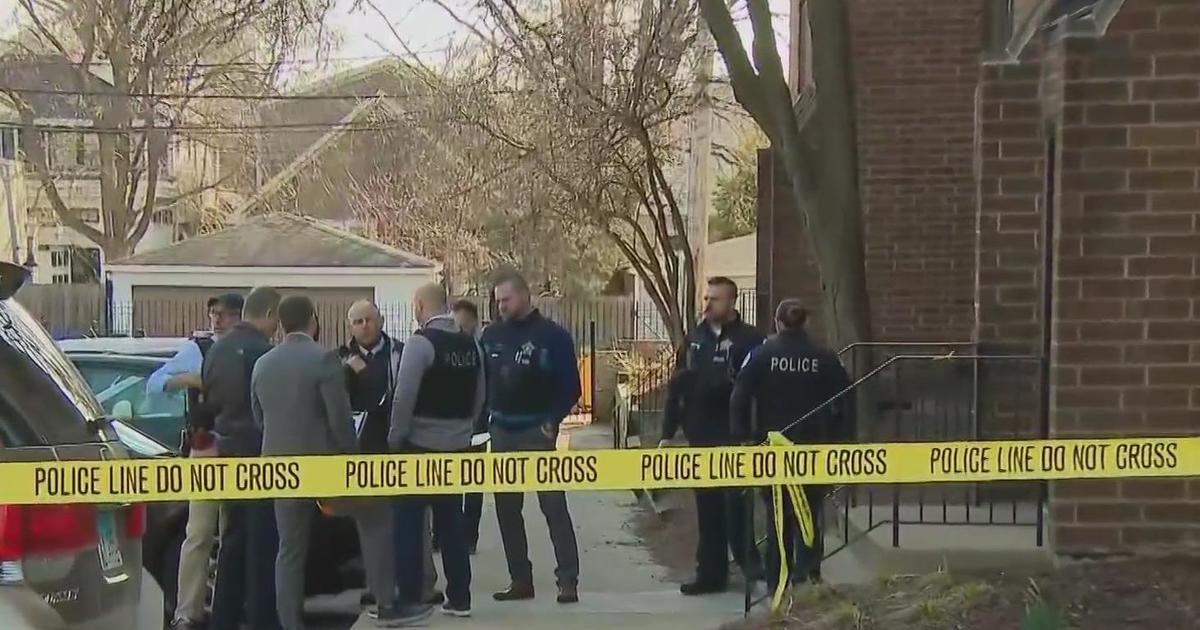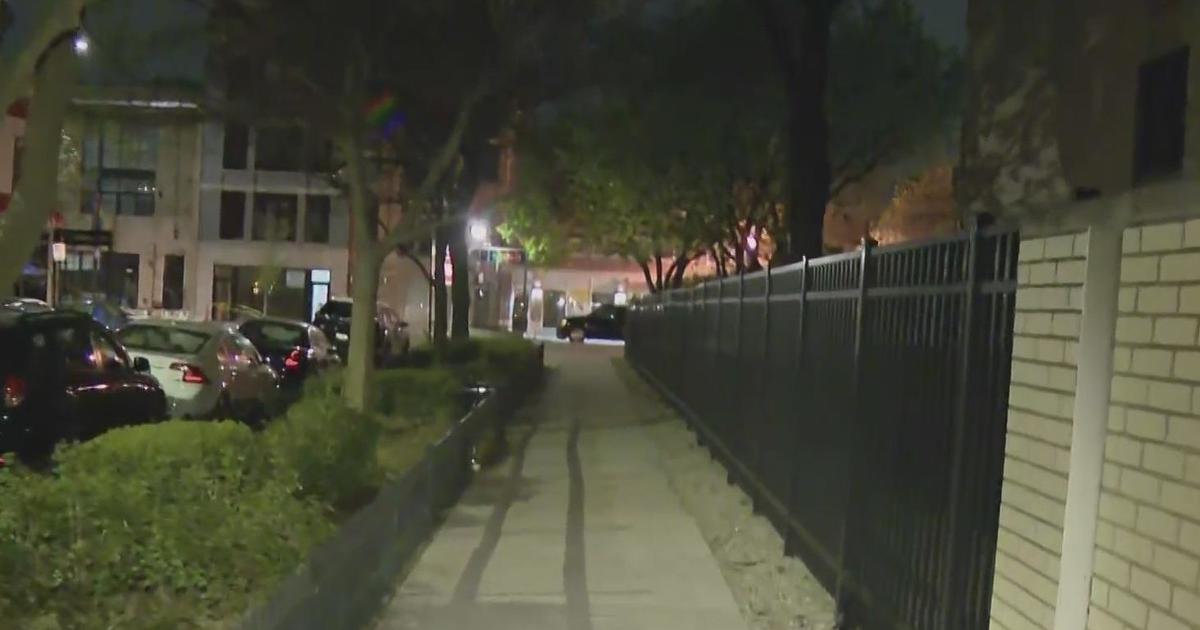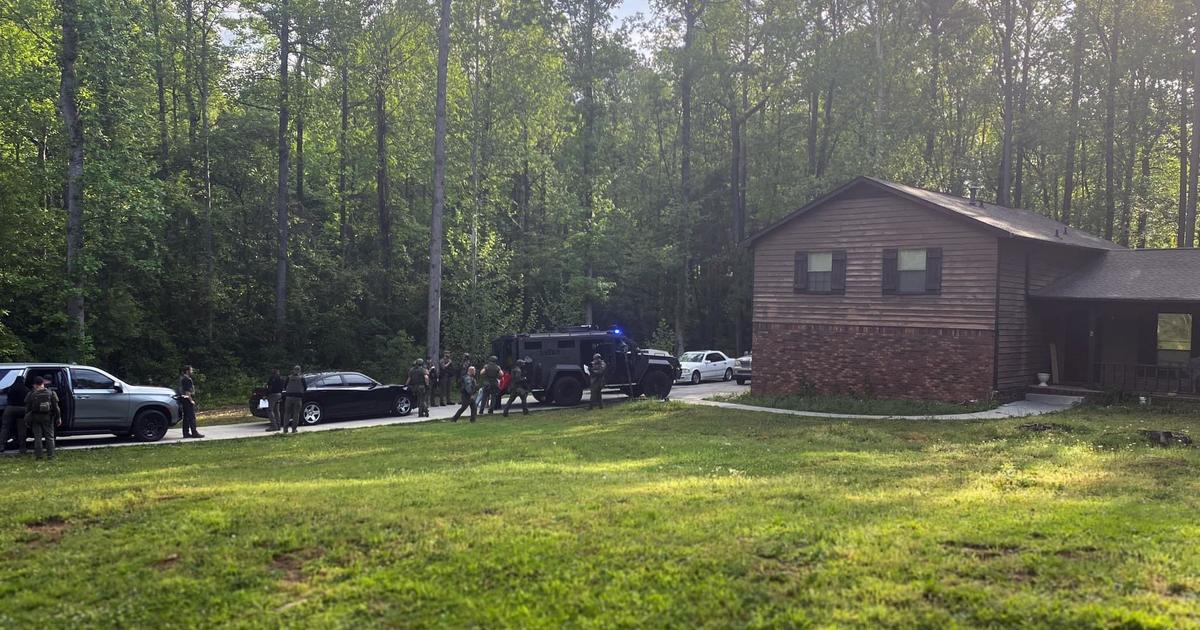Top Mexican Drug Cartel Member Cooperating With Feds
CHICAGO (STMW) -- A top-ranking member of Mexico's Sinaloa Cartel pleaded guilty a year ago and is cooperating with Chicago prosecutors, federal law enforcement officials announced Thursday morning.
Jesus Vicente Zambada-Niebla's secret plea deal was unsealed by U.S. District Judge Ruben Castillo and presents a major breakthrough in the government's battle against the world's most powerful cartel.
The cartel's leader, Joaquin "El Chapo" Guzman-Loera, was captured earlier this year in Mexico and is indicted in the same Chicago case as Zambada-Niebla.
Zambada-Niebla, 39, was himself arrested in Mexico in 2009, and was extradited to the United States a year later.
Under his deal, he faces at least 10 years behind bars, and a fine of up to $4 million. If he provides "full and truthful cooperation" against other members of the cartel, the government will try to spare him from a life sentence, the deal says.
U.S. Attorney Zach Fardon said in a news release Thursday morning that the plea deal was "testament to the tireless determination of the leadership and special agents of DEA's Chicago office to hold accountable those individuals at the highest levels of the drug trafficking cartels who are responsible for flooding Chicago with cocaine and heroin and reaping the profits."
Zambada-Niebla pleaded guilty to a single count of conspiracy to possess with intent to distribute multiple kilograms of cocaine and heroin between 2005 and 2008.
His plea deal describes the distribution of tons of cocaine between 2005 and 2008.
Zambada-Niebla admitted that he was a high-level member of the Sinaloa Cartel and was responsible for many aspects of its drug trafficking operations, "both independently and as a trusted lieutenant for his father," the deal states.
Zambada-Niebla also admitted he knew his father was among the leaders of the Sinaloa Cartel since the 1970s.
He acknowledged that he helped coordinate the importation of multiton quantities of cocaine from Central and South American countries, including Colombia and Panama, into the interior of Mexico, and facilitated the transportation and storage of these shipments within Mexico.
The cartel used planes, submarines, container ships, speed boats, fishing vessels, buses, rail cars, tractor-trailers and automobiles to ship their dope, prosecutors have said.
(Source: Sun-Times Media Wire © Chicago Sun-Times 2014. All Rights Reserved. This material may not be published, broadcast, rewritten, or redistributed.)



